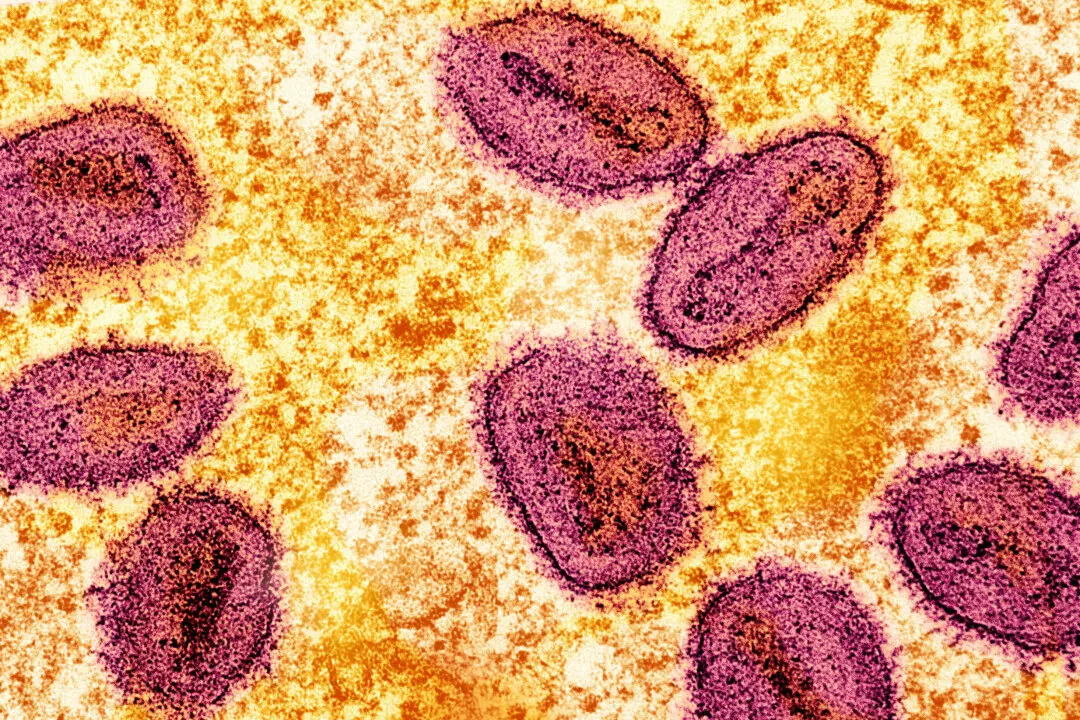Thailand confirmed on Aug. 22 that an mpox case reported this week was the clade 1b strain of the virus.
The case of a 66-year-old European male who arrived in Thailand last week from an unspecified African country is the second confirmed case of the variant outside Africa.“The test results confirm that he is infected with the clade 1b strain of monkeypox, which is the first case diagnosed in Thailand, but this man is likely infected from an endemic country,” Thongchai Keeratihattayakorn, director-general of the Department of Disease Control, told Reuters.





